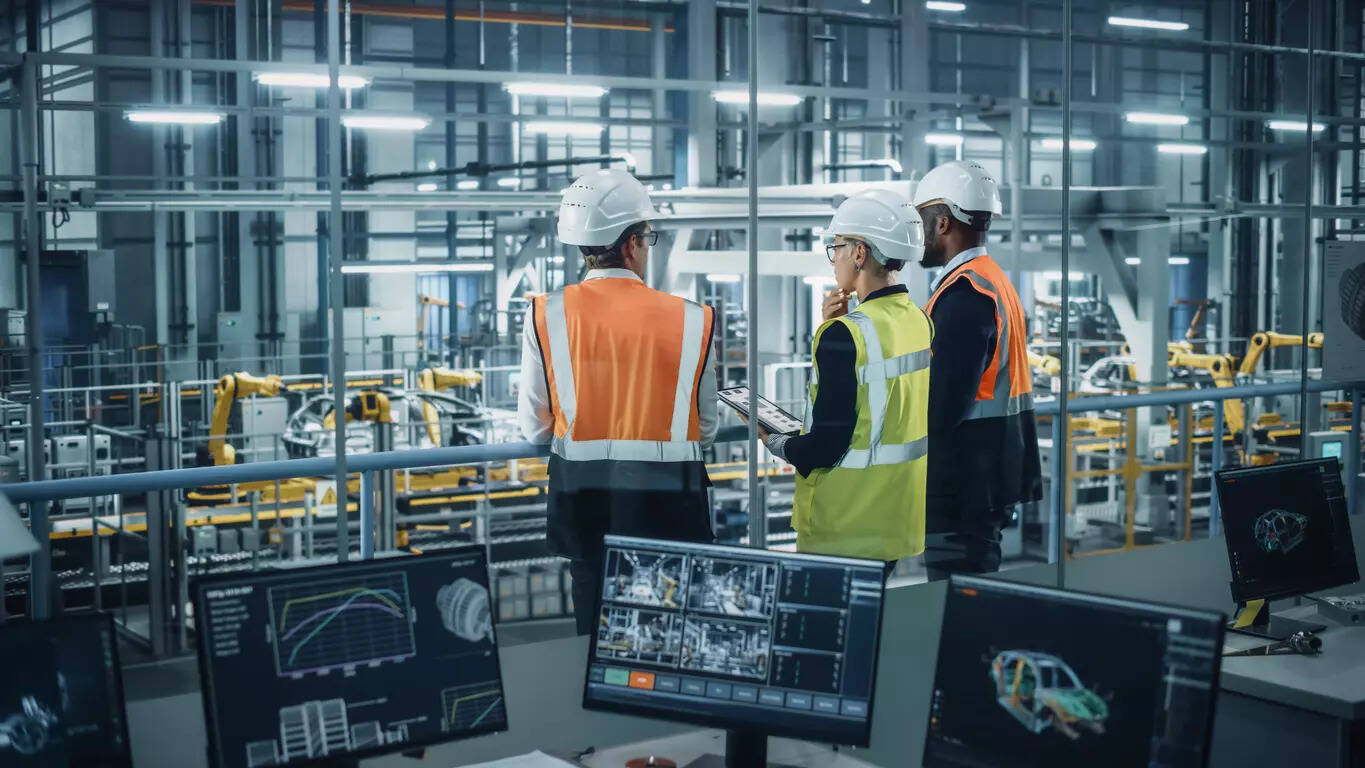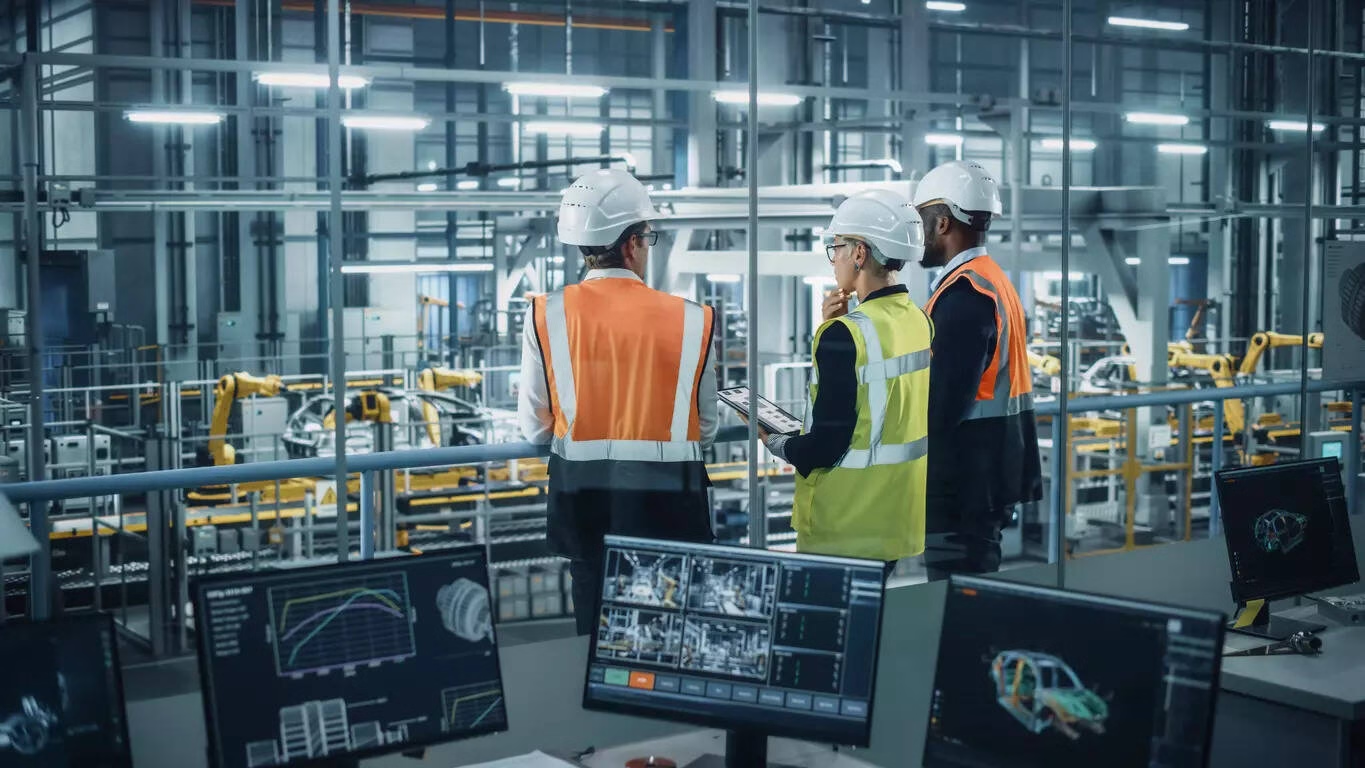
The US manufacturing sector is shedding jobs at a sharp pace despite President Donald Trump’s pledge to revitalise the industry through tariffs, tax reforms and stricter immigration controls, as per CBS News.
Employers cut 12,000 manufacturing jobs in August, bringing total job losses in the sector to 42,000 since April, according to a new analysis from the Center for American Progress (CAP) that draws on government labour data.
For 2025 overall, US manufacturing employment has fallen by 33,000, led by durable goods makers such as automakers, appliance manufacturers and electronics companies.
The downturn comes against the backdrop of slower overall hiring, with US employers adding just 22,000 jobs in August, well below forecasts. Manufacturing’s struggles reflect a long-term decline: Employment peaked at 19.5 million in 1970, but only 12.7 million Americans were working in the sector as of August.
Tariffs and uncertainty
CAP attributed much of the recent contraction to the Trump administration’s steep tariffs, which it said have driven up costs and created uncertainty. Economist Sara Estrep, one of the report’s authors, told CBS MoneyWatch that businesses are reluctant to expand because “everything has been changing on a day-to-day basis, so it’s not clear what production should look like”.
Companies are reporting significant tariff-related costs. Farm equipment maker John Deere said tariffs added roughly $300 million to its expenses on steel and aluminium imports, contributing to weaker sales and leading to layoffs of more than 200 workers in Illinois and Iowa. Automakers also cited tariffs when announcing nearly 5,000 job cuts in July.
Adding to the uncertainty, a federal appeals court recently ruled that Trump unlawfully invoked emergency economic powers to impose sweeping tariffs. The administration has asked the US Supreme Court to review the case.
Immigration crackdown
Experts say the administration’s immigration policies are also weighing on manufacturing. Immigrant workers have historically filled critical roles in sectors such as food processing, construction and auto manufacturing. Daniel Altman, an economist, told CBS MoneyWatch that the crackdown “just gives [companies] more incentive to pursue automation and other forms of capital intensive manufacturing”.
Last week, Immigration and Customs Enforcement agents detained 475 workers, most of them Korean, at a Hyundai plant in Georgia. The White House has pledged to expand such operations.
Automation pressures
Beyond Trump’s policies, longer-term structural factors are at play. Manufacturers accelerated automation during the pandemic, raising productivity but reducing labour demand. “Output per worker has been increasing, and that usually means companies have access to better technology,” Altman said.
Gregory Daco, chief economist at EY-Parthenon, said the job losses reflect a “squeeze” in which purchasing managers face higher input costs and softer demand. “One of the avenues to offset the higher costs is to streamline operations and make sure they only have the essential talent on hand,” he noted.
The White House and the National Association of Manufacturers did not respond to requests for comment.
